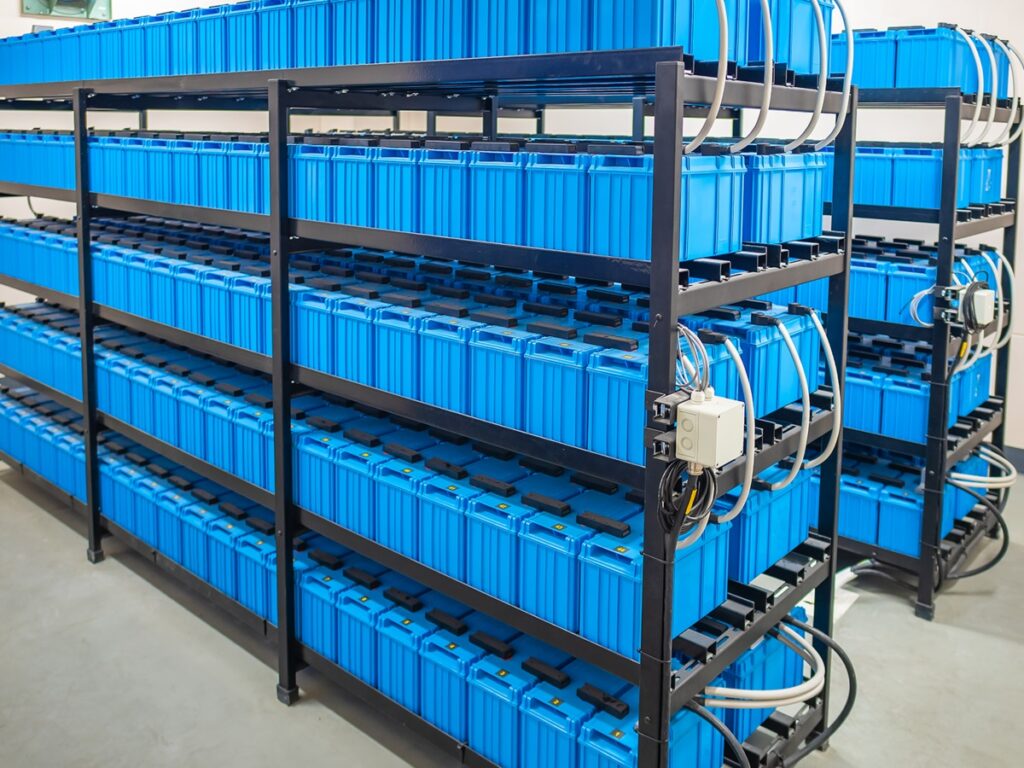UPS (Uninterruptible Power Supply) systems utilize batteries as a critical component to provide backup power in the event of a mains power failure or disruption. The batteries used in UPS systems have specific characteristics tailored to meet the requirements of providing reliable backup power. Here are some key battery characteristics of UPS power supplies.
- Capacity: UPS batteries need to have sufficient capacity to supply power to connected devices for a specified duration during a power outage. The capacity of UPS batteries is typically measured in ampere-hours (Ah) or kilowatt-hours (kWh) and is chosen based on the load requirements and desired runtime.
- Chemistry: UPS batteries commonly use valve-regulated lead-acid (VRLA) technology, including both gel and AGM (Absorbent Glass Mat) batteries. These types of batteries are sealed, maintenance-free, and designed to provide reliable performance in standby power applications.
- Deep Discharge Capability: UPS batteries must be capable of tolerating deep discharge cycles without significant degradation in performance or lifespan. This characteristic ensures that the battery can provide power for extended periods during prolonged outages without compromising its functionality.
- Fast Recharge: UPS batteries should be able to recharge quickly to ensure they are fully replenished and ready to provide backup power for subsequent outages. Fast recharge capability is essential for minimizing downtime and maintaining continuous availability of backup power.
- Cycling Performance: UPS batteries undergo frequent charge and discharge cycles, particularly in environments with unstable power conditions. Batteries with good cycling performance can withstand repeated charging and discharging without experiencing premature failure or reduced capacity.
- Temperature Tolerance: UPS batteries should be capable of operating effectively within a wide temperature range to accommodate varying environmental conditions. Batteries with a wide temperature tolerance can maintain their performance and reliability in both indoor and outdoor UPS installations.
- Safety Features: UPS batteries incorporate safety features to mitigate the risk of overcharging, over-discharging, and short circuits, which can lead to battery damage or safety hazards. These safety features may include built-in protection circuits, temperature sensors, and flame-retardant materials.
- Compatibility: UPS batteries must be compatible with the specific UPS system they are intended to power. Factors such as voltage, capacity, physical dimensions, and terminal configuration should be matched to ensure proper operation and compatibility with the UPS equipment.
Overall, UPS batteries play a crucial role in maintaining uninterrupted power supply to critical equipment and systems, and their characteristics are carefully selected to meet the demanding requirements of UPS applications.


